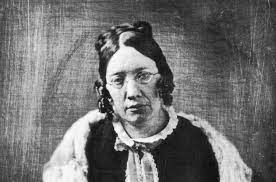112 reads
WRONG ACTION OF MIND, AND ITS RESULTS IN THIS LIFE.
by
October 23rd, 2023
Audio Presented by

Trailblazing American educator, advocated female education and kindergarten integration.
About Author
Trailblazing American educator, advocated female education and kindergarten integration.
